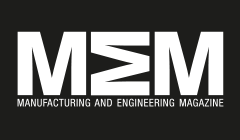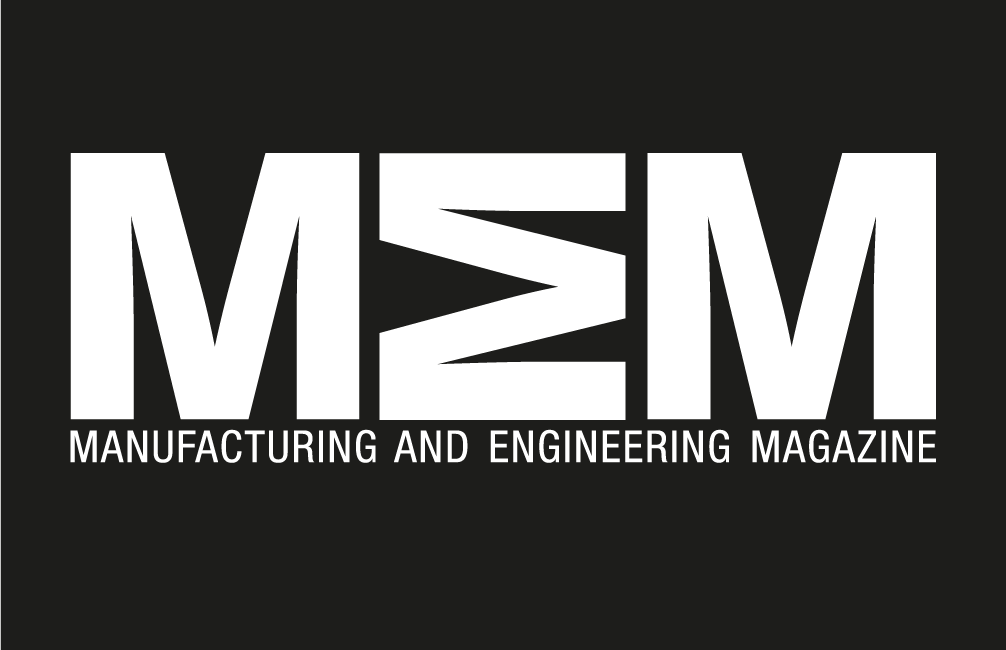Top Execs at Big Manufacturing Debate Say Innovation Matters

Manufacturing in the north of the country is enjoy a boom period, despite reports of SMEs falling foul of increases competition overseas and the undeniable investment taking place further south in the country. Having set its stall out as locus of innovation and a centre point around with export momentum gathers, the region continues to flourish under increasingly fractious market conditions. Market leaders have stressed that itâs only by placing such emphasis on innovation that the north has remained such a hub of manufacturing activity. With that, top executives at the Big Manufacturing Debate have encouraged businesses far and wide to be proactive when it comes to product, service and business evolution. Experts joined together at last monthâs Big Manufacturing Debate in Blackburn to discuss both the findings of the Manufacturing Review 2015 and share their views on the looming EU referendum which will members of the public invited to cast their vote on whether to stay within the European Union or leave. Indeed, panellists were well-placed to pass comment. The debate saw representatives from key trade associations, directors of national firms, and leading exports/imports figures come together and engage with the difficult questions plundering the UKâs manufacturing industry more broadly. Key talking points during the debate, unsurprising, centred on skills shortages, infrastructure development, and the emergence of the global marketplace. Overwhelmingly, however, it was innovation that was most-cited by panellists and which, on the whole, received positive commend. John Carter, Operations Director at Graham & Brown revealed that innovation had been crucial to the wallpaper and decoration manufacturerâs long-standing success. Blue-sky thinking, he said, had allowed the business to manage its supply chain more efficiently and, in turn, achieve greater cost margins from sales. The multinational company, borne out of the strife of WWII, celebrates its 70th anniversary this year and remains leaps ahead of competitors in terms of product and service. Clive Drinkwater, Regional Director at UKTI North West echoed his views, insisting that placing emphasis on innovation â alongside exports â can be potentially transformative for manufacturing firms. Thus, for Clive, that means not just developing the products themselves, but striving to diversify into new markets and attract new customers. He suggested that there is a clear link between the two strands of business, explaining: Businesses that export are much better at adapting and changing because you are exposing yourself to the rigours of international competition. He was keen, however, to highlight that in order to compete on an international scale, firms need to invest in both improving their manufacturing capabilities and increasing the volume theyâre able to accommodate. Should they be able to though, Clive suggests firm will typical enjoy a 34% increase in productivity as a result of exportation. Steve Warren, North West Regional Director at EEF, was more hesitant about the value of innovation, particular the hard-and-fast innovation which firms are so commonly drawn to. Innovation is not just about engineering new products; it spans the whole product life-cycle, Warren insisted. He added that without the right leadership and the buy-in of operatives, businesses will never achieve the productivity required to enter the global marketplace and that new equipment can never replace the need to highly-trained and enthusiastic employees. Manufacturing & Engineering Magazine | The Home of Manufacturing Industry News


